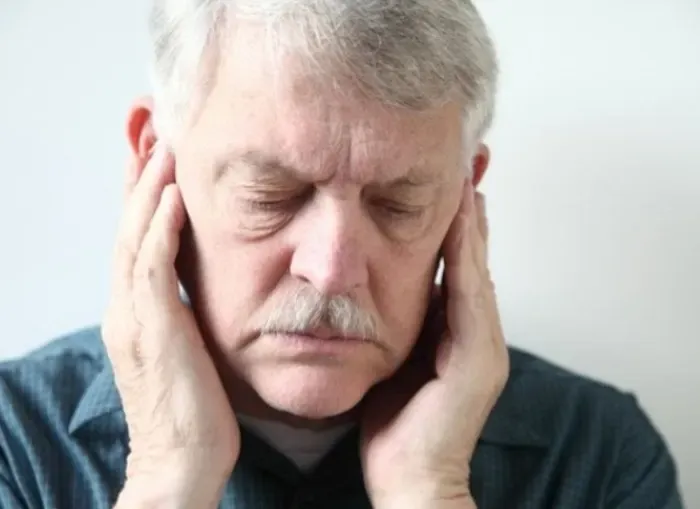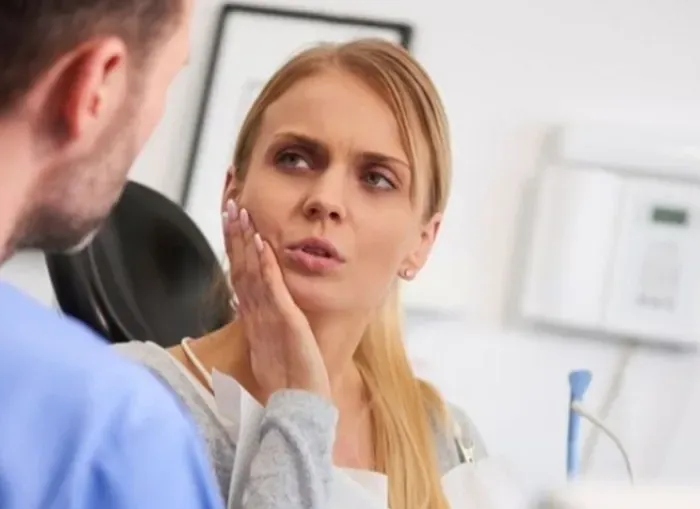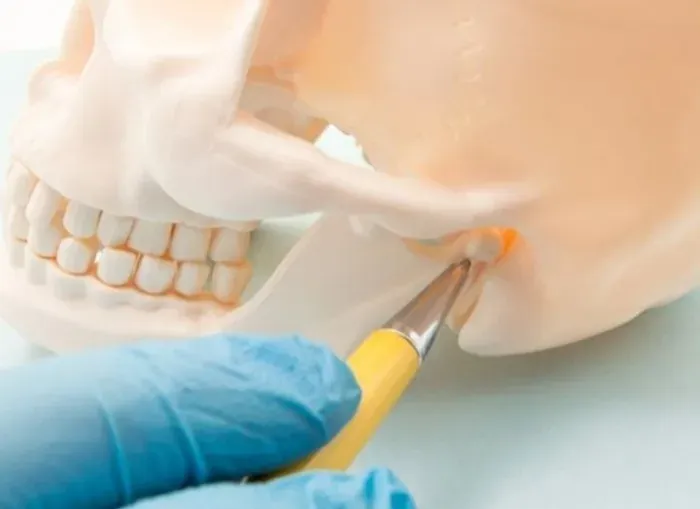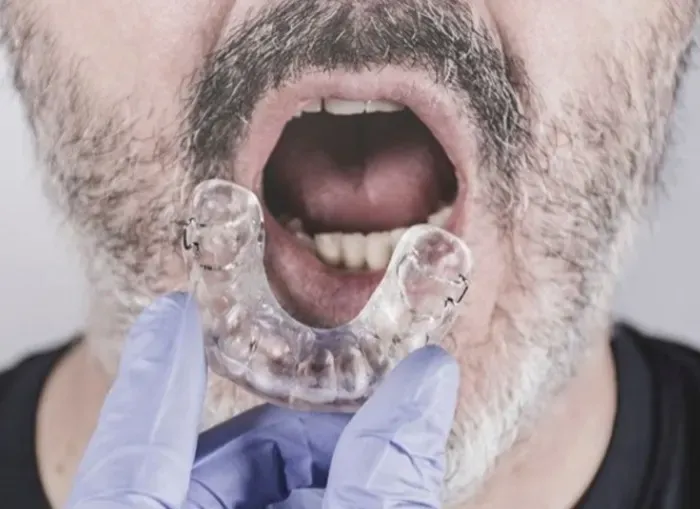If you wake up with jaw joint pain, or your teeth look flattened and worn, it could be a sign of bruxism (teeth grinding). It's a common condition that can happen while you’re awake or asleep and may come and go with stress. The habit usually doesn’t last long and often resolves on its own, but in severe cases, it can lead to tooth damage and temporomandibular joint (TMJ) pain.
If teeth are worn down to a point where the dentine under your tooth enamel is exposed, you could risk damaging or even losing the tooth. At Mount Lawley Dental, we can diagnose the condition and tailor a treatment plan to help prevent further damage and alleviate any jaw pain. Call us on (08) 9227 8777 or book an appointment today.
Book online
Teeth grinding and jaw clenching over time puts extra pressure on the tissues, muscles and structures surrounding your jaw. You might recognise one or more of these signs and symptoms:
If pain is present, it could also be a sign of an infection and a root canal may be needed to save the tooth. We recommend seeing a dentist as early as possible.

The temporomandibular joints are hinge-like joints that connect the skull and jaws, just below the ears. Causes of TMJ disorder include bruxism, a misalignment of teeth or jaws, gum chewing and arthritis. Signs and symptoms include:
Think you may have TMJD? Schedule an appointment on (08) 9227 8777 or book online.

During your appointment, your dentist examines your teeth and jaws to check your range of jaw movement, any noise in the jaw joint, your bite and tooth wear. To help with a diagnosis, an x-ray or pain diagram may also be used.
If you are diagnosed with bruxism or TMJD, we'll prepare a suitable treatment planto repair any damage, remove identified causes and change any behaviours that contribute to the condition. This may include:
Identifying a grinding or clenching habit early is key to avoid serious damage to your oral health down the track.
Book now
TMJ disorder can be an ongoing condition that can be managed in a number of ways, including wearing a custom-made mouthguard provided by your dentist. Your dentist may also recommend restoring tooth enamel to protect teeth from further damage. In the meantime, there are ways to help manage TMJ pain from home:
If you experience jaw pain, tooth sensitivity or worn tooth enamel, book an appointment at Mount Lawley Dental to see how we can help. Call (08) 9227 8777, or book an appointment online.
Call Us
We’d like to welcome you to Mount Lawley Dental with our no-gap* new patient offer (valued at $516).
View OfferTeeth grinding or jaw clenching is an unhealthy action that puts excessive strain on teeth and jaws.
With severe bruxism cases, the tooth enamel layer protecting your tooth wears down to the point where the yellow dentine underneath is exposed. Teeth become discoloured, sensitive to hot and cold and are at higher risk of infection. When the dental pulp inside the tooth gets infected, root canal treatment is needed to save the tooth from being lost.
If your dentist sees signs of teeth grinding, they may recommend wearing a custom-made night splint. This is a special mouthguard that’s made from impressions taken of your mouth, and helps to protect teeth and jaws from damage caused by bruxism.
Another option to treat bruxism is to use muscle relaxant injections, the effects of treatment are temporary and last for three to four months.
While a mouthguard or muscle relaxants help treat the symptoms of grinding or clenching, the underlying causes need to be addressed. This may include using physical therapy to learn to control jaw muscle movements to stop the habit long-term.
Teeth grinding and jaw clenching – or bruxing is an involuntary condition that’s thought to be influenced by psychological stress and anxiety or physical stress, such as an illness, nutritional deficiencies or dehydration. Another cause of bruxism is a bad bite, where the top and bottom teeth don’t come together properly and lead to bruxing. The causes of bruxism are still being studied.
Teeth grinding can cause teeth to become sensitive, worn down, discoloured and even loose.